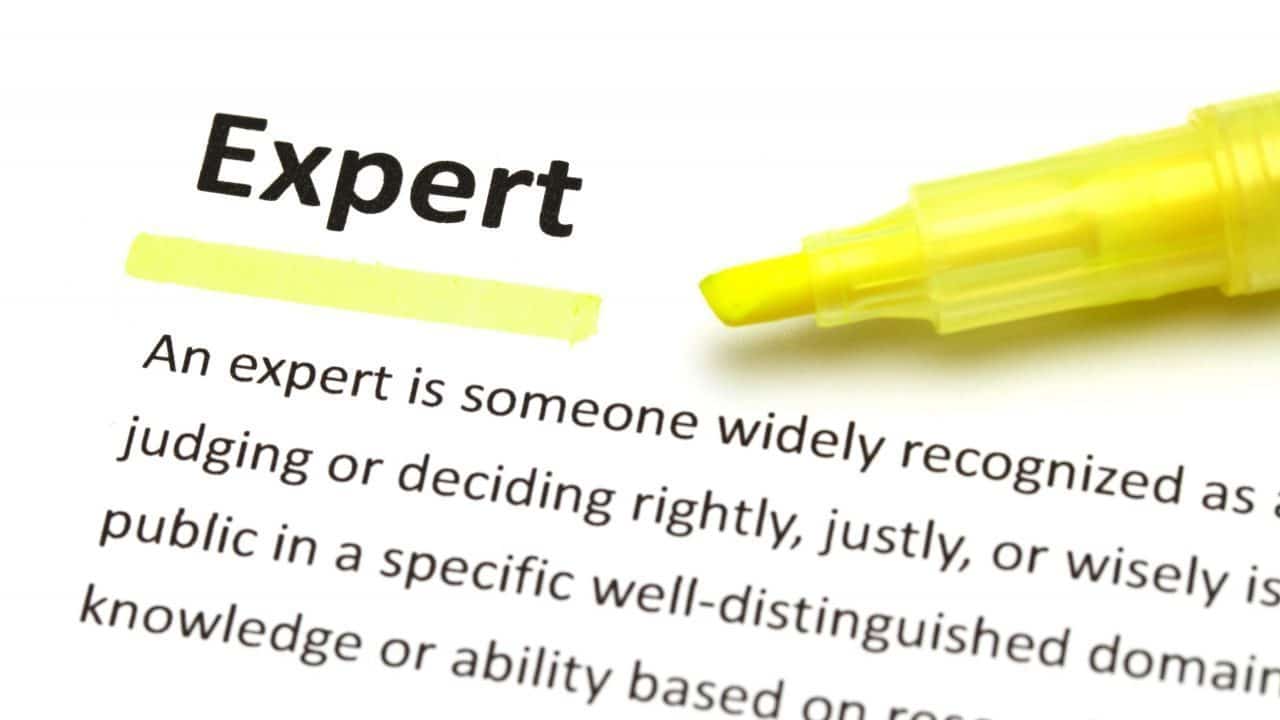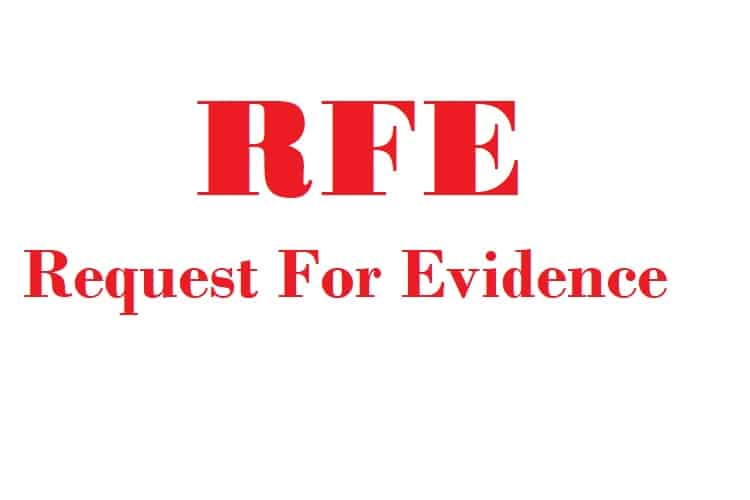Introduction
In a progressively interconnected world, the importance of scholastic credential examinations can not be overstated. As individuals look for chances beyond their home countries-- be it for education, employment, or professional licensing-- the requirement for accurate and reasonable evaluations of their qualifications becomes vital. The procedure of academic credential evaluation works as a bridge in between varying academic systems, ensuring that qualifications are recognized and valued appropriately.
This extensive short article will look into the complexities of ensuring fairness and accuracy in academic credential evaluations globally, checking out numerous aspects including approaches, obstacles, and best practices. We will also take a look at the role of worldwide credential assessment services, course-by-course evaluations, work experience evaluations, expert viewpoint letters, and service plan evaluations in facilitating this essential process.
Understanding Academic Credential Evaluation
What is Academic Credential Evaluation?
Academic credential examination is a systematic process that examines the equivalency of educational qualifications gotten in one country compared to those in another. This evaluation can substantially affect a person's chances in college admissions, task placements, or professional licensing.
Why is Academic Credential Evaluation Important?
The significance depends on its capability to offer clarity to companies, universities, and licensing bodies concerning a candidate's credentials. By standardizing assessments across varied academic backgrounds, it decreases the threat of predispositions based upon unfamiliar academic systems while promoting fairness.
The Role of International Credential Examination Services
International credential assessment services (ICES) play an essential function by functioning as intermediaries who examine foreign instructional qualifications. These organizations utilize knowledgeable evaluators who are well-informed about various educational systems worldwide.
Benefits of Using Worldwide Credential Examination Providers:
- Expertise: They possess specialized understanding about numerous educational systems. Credibility: Acknowledged assessments improve the authenticity of candidates' credentials. Comprehensive Reports: They offer detailed reports that outline equivalencies and recommendations customized to specific needs.
Types of Academic Credential Evaluations
Course-by-Course Credential Evaluation
A course-by-course credential evaluation supplies comprehensive analysis at the course level rather of just summarizing degrees or diplomas. This type is especially helpful for people looking for admission to college organizations or those needing precise details for licensing purposes.
Key Features:
- Detailed breakdown naturally taken Grades received Credit hours converted to equivalent systems
Work Experience Evaluation
While official education is necessary, numerous professionals have significant work experience that contributes to their qualifications. A https://devinnfum172.wpsuo.com/course-by-course-evaluations-a-comprehensive-analysis-for-accurate-assessment work experience examination assesses this useful experience against developed standards.
Importance:
- Validates abilities obtained through employment Offers insights into expert readiness Can improve an individual's standing when requesting jobs or additional education
Expert Viewpoint Letter
A specialist opinion letter is frequently used when traditional documentation can not be supplied. It provides insights from a qualified critic concerning the credibility and relevance of an applicant's credentials or experience.
Usage Situations:
- Unusual educational paths Non-traditional qualifications Gaps in official education documentation
Business Plan Evaluation
For entrepreneurs seeking to expand globally or looking for financing based upon their academic credentials and experiences, an organization strategy examination assesses not only the business's practicality however likewise how scholastic accomplishments support entrepreneurial endeavors.
Challenges in Academic Credential Evaluations
Variability Across Educational Systems
One major difficulty depends on the fundamental differences in between worldwide instructional systems-- what makes up a bachelor's degree in one nation might not line up with another's standards. This can cause discrepancies in evaluations if not carefully managed.

Fraudulent Credentials
With the rise in need for fast evaluations comes an increase in fraudulent documents. Evaluators must be vigilant against counterfeit diplomas and records while adhering to ethical standards.
Cultural Biases
Cultural predispositions can unintentionally affect critics' perceptions of foreign certifications. It is essential for evaluators to go through training that promotes cultural competence and awareness.
Best Practices for Guaranteeing Fairness
Establishing Clear Guidelines
Establishing clear guidelines and standardized treatments can alleviate inconsistencies. Regulative bodies must provide structures that international credential examination services should follow.
Continuous Training for Evaluators
Regular training sessions focusing on updates in global education systems ensure critics remain present with trends and changes affecting scholastic credentials worldwide.
Utilizing Technology
Leveraging innovation such as AI-driven algorithms can enhance performance while likewise flagging prospective discrepancies throughout examinations-- an important step towards maintaining accuracy.
Ensuring Fairness and Precision in Academic Credential Evaluations Globally
To effectively make sure fairness and accuracy worldwide within academic credential assessments needs cooperation among countries, regulatory bodies, and evaluating companies. Each stakeholder plays an essential role:


By fostering open interaction channels amongst these groups, we can develop a more fair landscape for all celebrations associated with academic credential examinations globally.
Emerging Patterns in Academic Credential Evaluations
Online Knowing Credentials
As online discovering gains appeal, there's a growing requirement for examining non-traditional knowing environments such as MOOCs (Massive Open Online Courses). Comprehending how these fit into conventional frameworks presents brand-new opportunities-- and challenges-- for evaluators.
Micro-Credentials
Micro-credentials represent specific skills instead of entire degrees. As markets progress rapidly due to technological developments like automation or AI integration into numerous sectors; comprehending how micro-credentials equate into standard credentials frameworks ends up being pivotal.
Frequently Asked Concerns (Frequently asked questions)
What is a scholastic credential evaluation?- An academic credential evaluation systematically compares foreign academic credentials with those acknowledged locally to guarantee suitable acknowledgment across varying systems.
- Credentials are typically needed by employers or universities to confirm credentials before hiring or confessing prospects from other countries.
- The timeline varies depending upon the organization but usually ranges from a few days approximately several weeks based upon complexity.
- Common types consist of course-by-course evaluations, work experience evaluations, skilled viewpoint letters, and service strategy evaluations.
- Most credible examining companies have processes for appeals if you think your examination was incorrect; it's essential initially to examine their particular guidelines.
- Yes! Lots of trusted companies evaluate online courses; nevertheless; it depends on each organization's policies relating to acceptance criteria for online learning experiences.
Conclusion
In conclusion, making sure fairness and accuracy in academic credential evaluations internationally is not merely a governmental necessity; it's basic for developing trust across borders while empowering individuals pursuing opportunities worldwide through validated accomplishments. By resolving difficulties head-on with robust practices customized towards developing landscapes-- like technological shifts-- we stand poised not just to acknowledge merit however champ equality among varied populations making every effort towards shared objectives throughout our worldwide society!